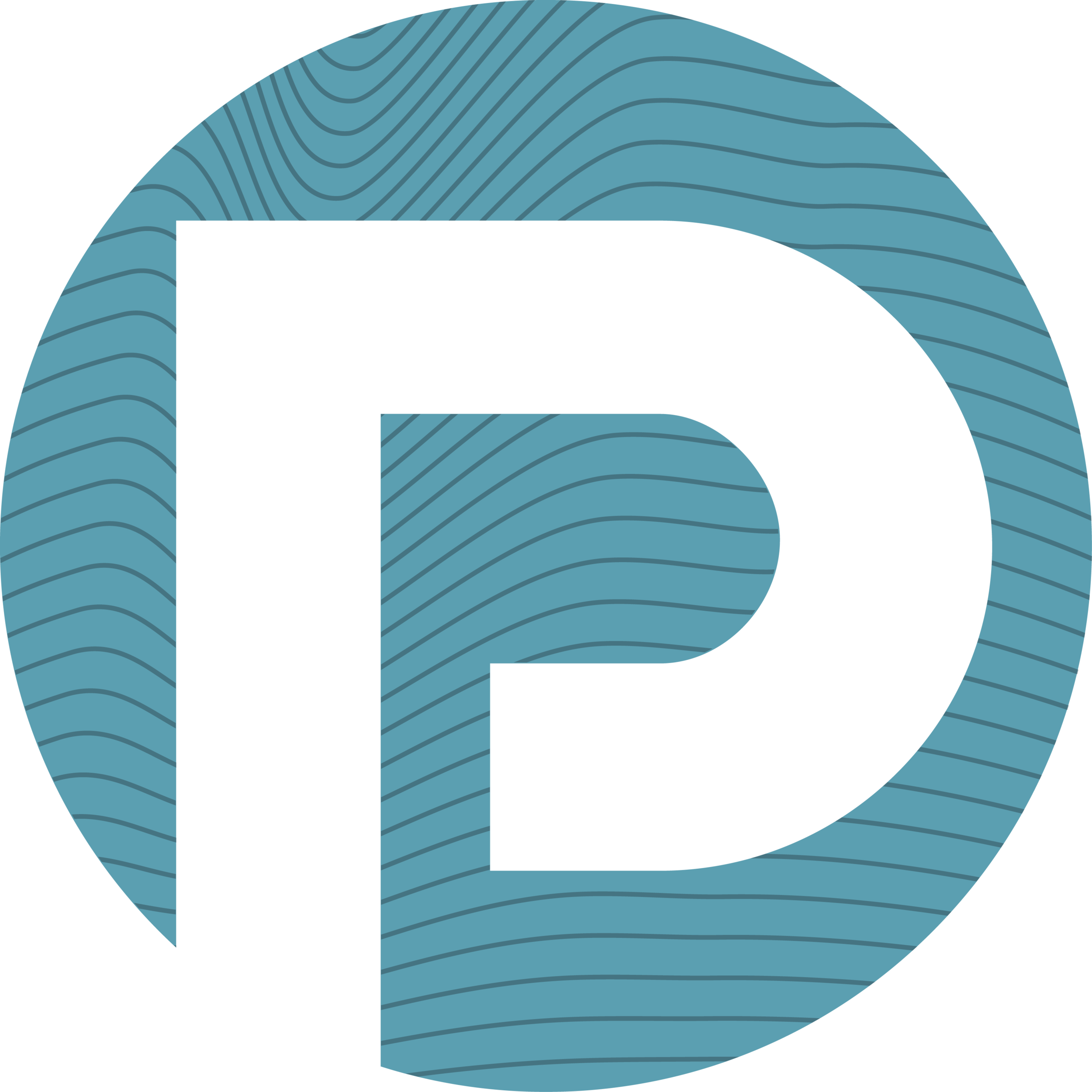At a time of significant uncertainty regarding the health of our Global Information Environment (GIE)—defined as “the aggregate of individuals, organizations, and systems that collect, process, disseminate, or act on information”—one organization has taken a scientific consensus-building approach to combat the proliferation of mis- and disinformation around the globe. Thanks to their effort, we now have a clearer understanding of the largest threats facing our information environment.
Read MoreWith the advances in AI and increasing sophistication in creating misleading content such as deepfakes, there is growing concern, especially amongst academics and researchers, about the threat mis- and dis-information pose, not only for the 2024 election cycle and democracy, but also for pressing concerns such as public health and climate change. How can we address a polluted information ecosystem at a time of significant social divide and erosion of trust? How can scientific principles and approaches inform policy?
Read MoreSebastián Valenzuela, leader of the IPIE’s research panel, spoke to Channels Television about the IPIE’s work to assess the information environment.
Read MoreAn explosion of misinformation and disinformation have weakened public deliberation and undermined confidence in science, even as the world faces interconnecting crises such as war, climate change, and the pandemic and other health emergencies. To take on this “misinfodemic,” the Nobel Foundation and the National Academy of Sciences hosted the Nobel Prize Summit Truth, Trust and Hope, bringing together Nobel Prize laureates, researchers, policymakers, and citizens for an in-depth exploration of how to combat misinformation and build trust in science, scientists, and the institutions they serve.
Read MoreMisinformation and disinformation are diminishing public trust in science and becoming an existential threat to the planet, researchers warned this week.
The big picture: False information about vaccines and climate change — runs rampant on social media, where Americans are increasingly getting their news and information.
Read MoreIn the most extraordinary instance of public thought leadership most of us have ever witnessed, this week the Nobel Prize (Nobel Foundation) joined forces with the US National Academy of Sciences to mount a 3-day Summit targeting the disinformation, lies, fakes, and deep fakes that are flooding the globe.
Read MoreA group of scholars introduced an international panel to study the digital information landscape, inspired by those who had been warning of the effect of global warming.
Read MoreA group of experts have introduced the concept of an International Panel on the Information Environment (IPIE), with a view to addressing existential threat of misinformation.
Read MoreYAOUNDÈ, Cameroon – Ahead of celebrations to mark Cameroon’s 51st National Day, the government, NGOs and the Catholic Church have stepped up their fight against hate speech which, according to them, threatens the very existence of the Central African country.
Read MoreThere is arguably a broad consensus that social media presents a challenge to democracy and social cohesion, even if the degree and precise mechanics of that challenge are still contested. An emerging community of engineers and thinkers is also invested in the idea that the power of tech platforms to stoke division might instead be used to promote social cohesion, if the design of their systems can be re-engineered with that goal. If platforms such as Facebook and Twitter have contributed to phenomena such as polarization, the thinking goes, then perhaps they or their successors can do the opposite.
Read MoreTuesday, March 21, President and CEO of PeaceTech Lab Dr. Sheldon Himelfarb presented a guest lecture titled “Misinformation: How to Manage the Greatest Threat to Peacebuilding Today” in Tucker Theater. The English Department, the Arts and Sciences Faculty Grants Fund and the Judaic Studies program sponsored the lecture.
Read MoreWashington, D.C. 10 February 2023 – Hogan Lovells has completed its three-year global partnership with PeaceTech Lab, a global nonprofit organization created to use the power of technology, data, and media to save lives and promote peace around the world.
Read MoreCarefronting Nigeria in collaboration with Peacetech Lab has admonished Nigerians to shun hate speech and divisive comments ahead of the forthcoming general election.
Read MoreWe can’t eliminate the scourge of misinformation, but we must stem its flow.
Read More















